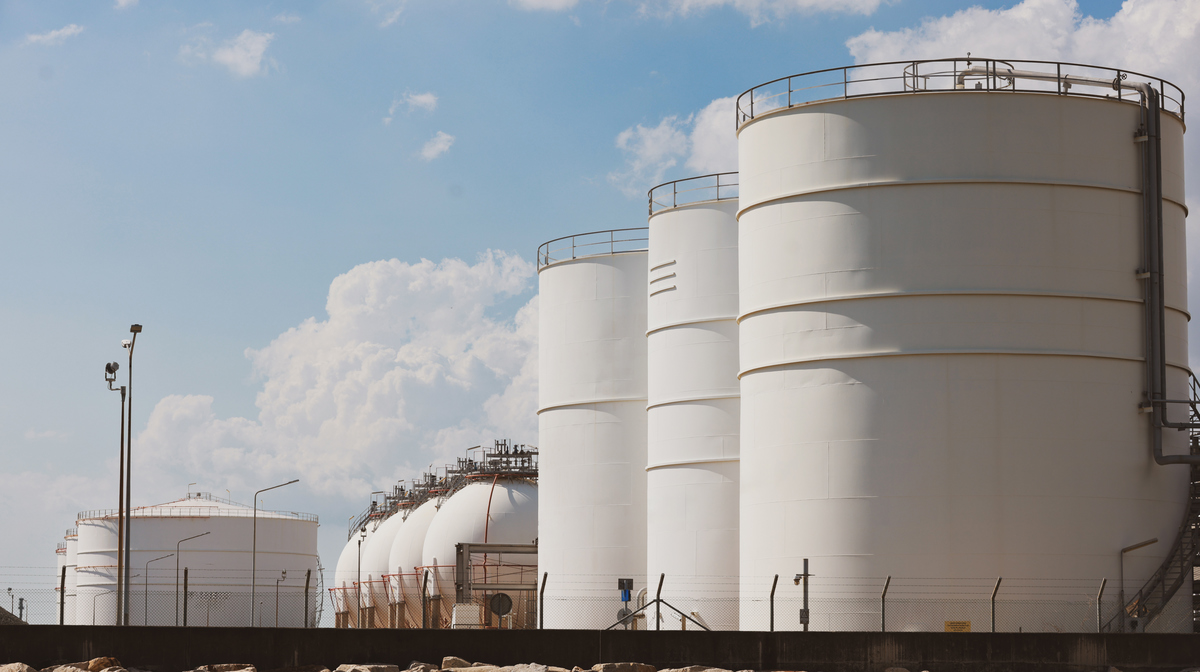Recapping the crude market this week
Oil markets have had a busy week. Brent futures are near one-year lows after shedding more than 10% since last Friday, and could be taking the biggest weekly battering in six months.
 PHOTO: Crude and bunker prices have been tumbling down this week. Getty Images
PHOTO: Crude and bunker prices have been tumbling down this week. Getty Images
G7 cap and EU sanctions on Russian seaborne imports kick in
Brent started the week with its head held high as OPEC and its allies, including Russia, agreed to maintain their current policy of reducing oil production by 2 million b/d until the end of next year. The oil group also pledged to take "immediate additional measures" if necessary.
EU sanctions on seaborne imports of Russian crude oil took effect on 5 December, while sanctions on petroleum products will take effect on 5 February. Details of the much-anticipated G7 price cap on Russian seaborne crude imports also emerged in the past week, and was set at $60/bbl with effect from 5 December.
Russia unfazed by the price cap
Moscow, meanwhile, laughed off the price cap since Asian buyers are already receiving steep discounts on its crude products. Russian ministers told state-owned TASS that oil production cuts amid uncertainty would not be "significant.”
Clearview Energy Partners' managing director Jacques Rousseau told ABS News that global supply could be squeezed if Russia takes 1 million b/d of out of an already constrained market. However, Citi's global head of commodities research, Edward Morse, said that unless Moscow intervenes, price caps won't matter.
Recession blues for Brent
There is a high probability of a mild to serious recession in the US and Europe next year. Recession warnings have increased as we approach the end of the year, and contributed to counter upward pressures on crude prices.
US Treasury Secretary Janet Yellen said a recession is inevitable next year, while EU Economy Commissioner Paolo Gentiloni predicts a winter recession. An economist survey by the Wall Street Journal found 63% of respondents expecting a recession next year. The chorus also included Goldman Sachs, JPMorgan, Deutsche Bank, Wells Fargo and Bank of America.
Biggest supplier and consumer discuss oil
In concert with China's relaxation of Covid-19 restrictions, Saudi Arabia has focused on increasing its oil exports to the Chinese market. China’s President Xi Jinping and Saudi Arabia’s King Salman bin Abdulaziz Al Saud met in Riyadh for a historic summit and forged deeper ties over crude oil.
China's official news agency Xinhua reported Chinese President Xi Jinping saying that China would "expand the scale of crude oil trade" with Saudi Arabia. Saudi Arabia's energy minister told his country’s national news portal that China and Saudi Arabia will cooperate more to maintain global oil stability.
Meanwhile, Reuters reported that “Jinping’s visit to Saudi is an example of Chinese attempts to exert its influence around the world and it will not change US policy toward the Middle East,” citing John Kirby, spokesperson for the White House National Security Council.
China steals the limelight
Oil markets were ambivalent about China's lockdown easing, especially against a backdrop of a potentially looming global recession. While China's tentative reopening measures could provide a welcome breather, analysts remain cautious about its weak economic numbers.
Chinese manufacturing activity has contracted for a fourth consecutive month, while service activity has plunged to a six-month low. Caixin Global said that prolonged Covid-19 containment measures have dampened consumer confidence.
By Konica Bhatt
Please get in touch with comments or additional info to news@engine.online





